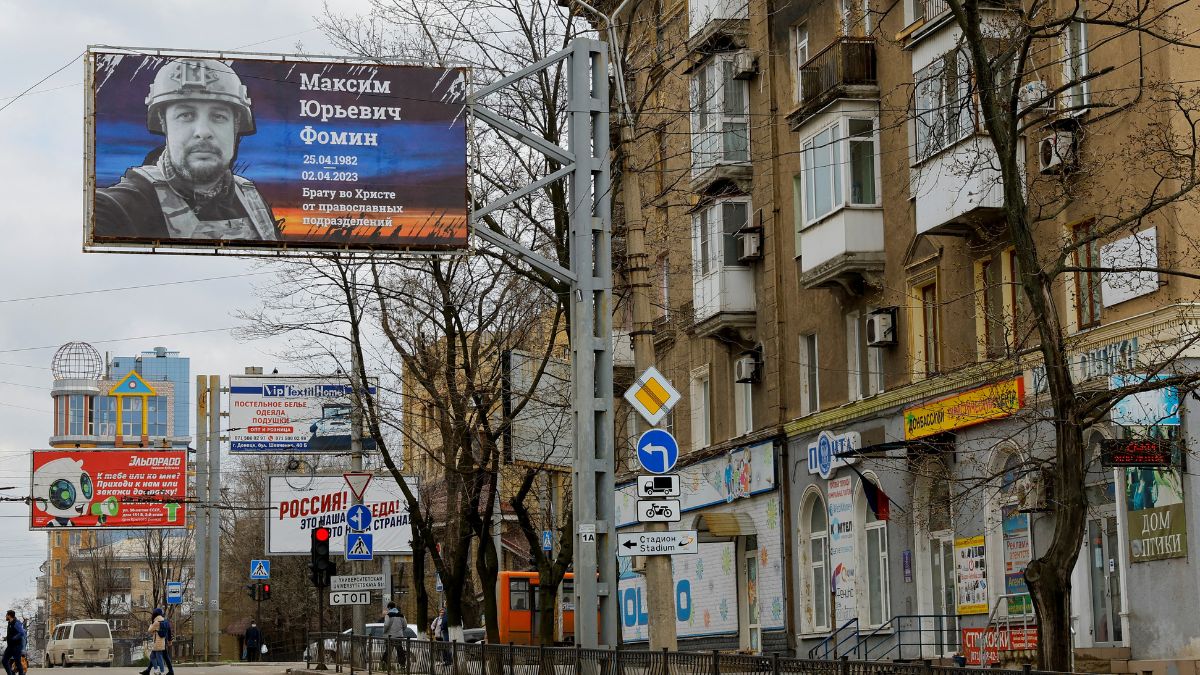Once hailed for their coverage of the war, the Russian government is now turning against pro-war bloggers. Loosely dubbed ‘war correspondents’, these individuals enjoyed the backing of the Kremlin for their nationalist and anti-Ukraine slant.
The Kremlin is growing increasingly intolerant of these pro-war military bloggers, whose posts can also be occasionally unflattering to the Kremlin, for example, writing about problems or corruption in the military.
What do war bloggers do?
“War correspondents” operate independently of the Kremlin and share on-the-ground updates about the conflict, highlight the needs of soldiers, and mobilise public donations to supply equipment directly to the front lines.
These individuals usually claim to have knowledge about the military and access to Russian troops. While some of these “war correspondents” are employed by Kremlin-controlled media, others do not owe affiliations to any media.
One key reason for their popularity among Russian readers is that they frequently provide more detailed information than official sources, along with a more critical perspective, though they stop short of questioning the legitimacy of Russia’s “special military operation.”
Why is the Kremlin going after them?
On one hand, war bloggers are the Russian government’s favourites, but on the other, some of them who make unflattering reports on the war risk retribution and sometimes even their lives.
The Russian government is seeking to rein in “war correspondents” who openly report on issues within the military, including corruption, as well as the volunteer networks inside Russia that support them. These correspondents, typically pro-war and nationalistic “Z-writers” critical of the Kremlin’s handling of the war in Ukraine, often compete with state-run fundraising efforts aimed at providing aid to the front lines.
One blogger was labelled a “foreign agent” for allegedly promoting a “negative image” of Russian soldiers, according to a Jamestown Foundation report: “The Kremlin clearly sees the movement’s relative independence as a threat that could grow after Russian President Vladimir Putin’s war against Ukraine ends.”
)